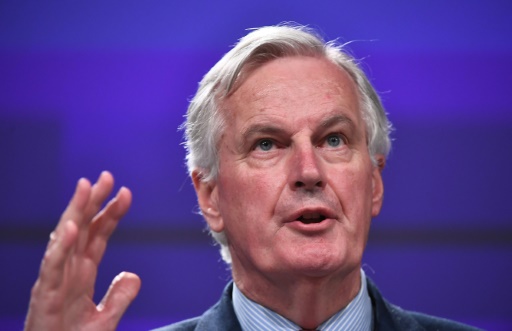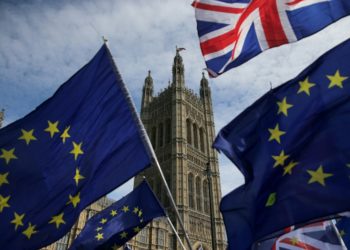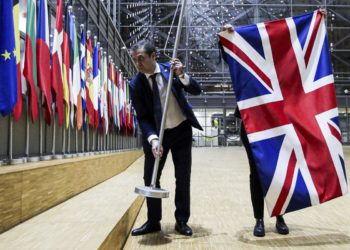E.U. Brexit Chief Michel Barnier handed the United Kingdom a two-week ultimatum on Friday to make concessions on a divorce agreement if it wants to unlock the next phase of talks in December.
Mr. Barnier, the former European commissioner and French foreign minister, said it was “vital” for Britain to increase its offer on its exit bill – a figure senior E.U. officials put at up to 60 billion euros – to open up talks on a future trade deal.
“My answer is yes,” Mr. Barnier told a press conference at the end of the sixth round of talks in Brussels, when asked if he would need “concessions” from Britain within the next two weeks to move on.
“On the financial settlement, this is absolutely vital if we are to achieve sufficient progress in December. It is just a matter of settling accounts, as with any other separation,”he added.
Mr. Barnier noted that he was “following attentively” the political situation in Britain where a series of government resignations has further weakened the government of Prime Minister Theresa May.
The fate of the border between British-ruled Northern Ireland and the Republic of Ireland has also thrown an unexpected spanner into the works, with British negotiator David Davis ruling out the E.U.’s preferred solution.
Northern Ireland has reared its head in the discussions, with an internal E.U. paper for the talks suggesting that it should remain in the E.U.’s single market and customs union after Brexit to prevent a hard border with Ireland.
Mr. Davis insisted Friday that any Brexit deal cannot create a frontier between Northern Ireland, where a 1998 peace deal ended decades of sectarian unrest, and the rest of the United Kingdom.
“We recognise the need for specific solutions for the unique circumstances of Northern Ireland,” Mr. Davis said. “But let me be clear, this cannot amount to creating a new border inside the United Kingdom.”
E.U. leaders decided at their last summit in October that there was insufficient progress on three main divorce issues – the bill, Northern Ireland and the rights of three million Europeans living in Britain – to move on to the next stage.
They said they hoped to open talks on future relations and a post-Brexit transition period at their next meeting on December 14-15, but officials have warned that could now slip to February or March.




















